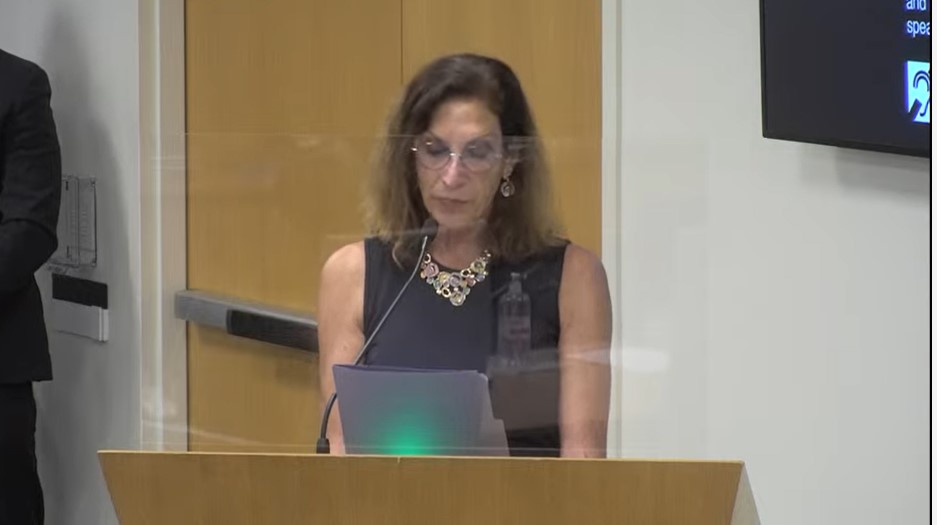Good morning, I am Lisa Daglian, Executive Director of the Permanent Citizens Advisory Committee to the MTA, PCAC.
It’s great to hear that riders are getting back on board in record-breaking numbers. It’s been clear over the past few weeks – and especially these past days – that there is new pep in people’s step as they get back in routines that some left behind a year-and-a-half ago. Things are different, no doubt, but what has remained a constant throughout these past intense months is our transit system: subways, buses, Staten Island Rail, Long Island Rail Road and Metro-North. That’s good news for riders.
The bad news is the pandemic put the MTA’s ambitious – and much needed – FY2020-24 Capital Program on pause for a time. Events and storms of the past weeks showed us just how critical some of the delayed work is to a more resilient transit system, and it’s important the MTA catch up as expeditiously as possible. At yesterday’s City Council hearing, the Transportation Chair raised the issue of delays to completion of Sandy projects at the 207th Street and Coney Island Yards. There are several other Sandy-related projects that have also slipped schedule, and while we understand that COVID wreaked havoc with crews and supply chain, we also know how lucky we all were to have dodged more serious damage in those facilities from recent storms.
However, Henri and Ida did show us that there are new flooding emergencies and contingencies to plan for, particularly as we face increasing challenges from climate change. The city has a lot of work ahead of it to address its deficiencies vis a vis storm drains and sewer pipes, but we saw too clearly the impact they have on the riding public and the MTA’s systems, including its overworked pumps. The MTA and the city must take a close look at their capital programs in the context of resiliency and consider reprioritizing their projects.
This will all take money. We’re concerned that not enough funding has come in for the FY20-24 plan, including from the state and city. But mostly, the importance of congestion pricing is glaringly clear. We will be speaking in support of it at upcoming meetings and urge others to do so as well.
Thank you.
